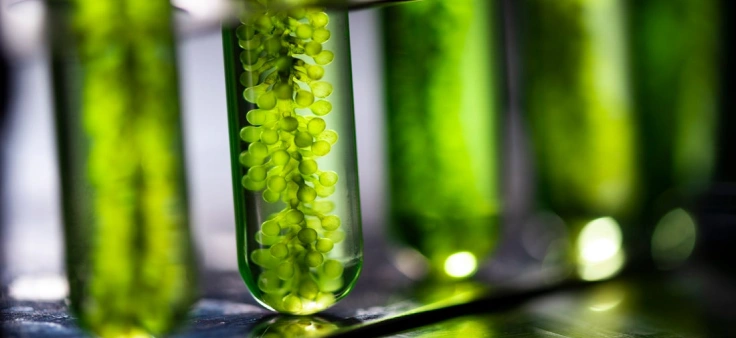
Projects related to biofuels
Life Superbiodiesel Project
We are committed to innovation in second-generation biofuels and their production from non-food-grade animal fat waste.
PlasMagFuel Project
We innovate in the use of plastic to generate fuels, reduce waste and support the circular economy.
RASIS Project
We are working on the development of new processes and techniques that help us obtain more sustainable heavy products.
Flexiwaste Project
We are innovating in the grease processing system to produce biofuel in a sustainable way.
Refolution Project
Refolution is a pioneering European initiative focused on biofuel production to help decarbonize air and maritime transport.
AA2C Project
The Algae-Olive Mill Wastewater to Biocrude (AA2C) project aims to transform agro-industrial waste and microalgae into advanced biofuels.
